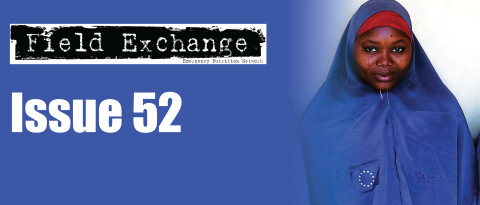Data sharing in public health emergencies: a call to researchers
Summary of research1
Location: Global
What we know: Rapid data sharing is critical for decision-makers in public health emergencies, but may prejudice subsequent journal publication.
What this article adds: The Bulletin of the World Health Organisation will implement a new data sharing and reporting protocol specific to articles on the Zika virus outbreak. All submitted articles will be freely available online within 24 hours whilst undergoing peer review. Those accepted will appear in print; those which are not will remain available online as working papers and may be published elsewhere.
An editorial in the Bulletin of the World Health Organisation addresses the issue of data sharing in public health emergencies. Rapid data sharing during an unfolding health emergency is critical for decision-makers. During the recent Ebola epidemic in West Africa, deficiencies were highlighted with existing data-sharing mechanisms. In September 2015, agreement was reached on the need for open sharing of data and results, especially in public health emergencies. This was followed by agreement from the International Committee of Medical Journal Editors (ICJME) that pre publication dissemination of information critical to public health will not prejudice journal publication in the context of a public health emergency declared by WHO.
The Bulletin of the World Health Organisation will implement a new data sharing and reporting protocol. This is in response to the data gap that exists in responding to the current Zika virus epidemic and will currently apply only to articles submitted in the context of this outbreak. On submission to the Bulletin, all Zika relevant research manuscripts will be assigned a digital object identifier and posted online in the ‘Zika Open’ collection within 24 hours while undergoing peer review. The data in these papers will thus be attributed to the authors while being freely available for reader scrutiny and unrestricted use, distribution and reproduction in any medium provided that the original work is properly cited. If the paper is subsequently accepted following peer review, this open access review period will be reported in the final publication. If the paper does not pass peer review, authors will be free to seek publication elsewhere; should the authors not manage to get the paper accepted in any suitable journal, then WHO will publish these papers in its institutional repository as citable working papers, independently of the Bulletin.
The aim of this protocol is to encourage all researchers to share their data as quickly and widely as possible, while still meeting their need to retain authorship, achieve precedence and put their research on the public record. The first paper to which this protocol applies is now available online.
Zika Open is accessible at this link
1 Dye, C., Bartolomeos, K., Moorthy, V., Kieny, M.P. (2016). Data sharing in public health emergencies: a call to researchers. Bulletin of the World Health Organisation. 2016. doi: http://dx.doi.org/10.2471/BLT.16.170860


